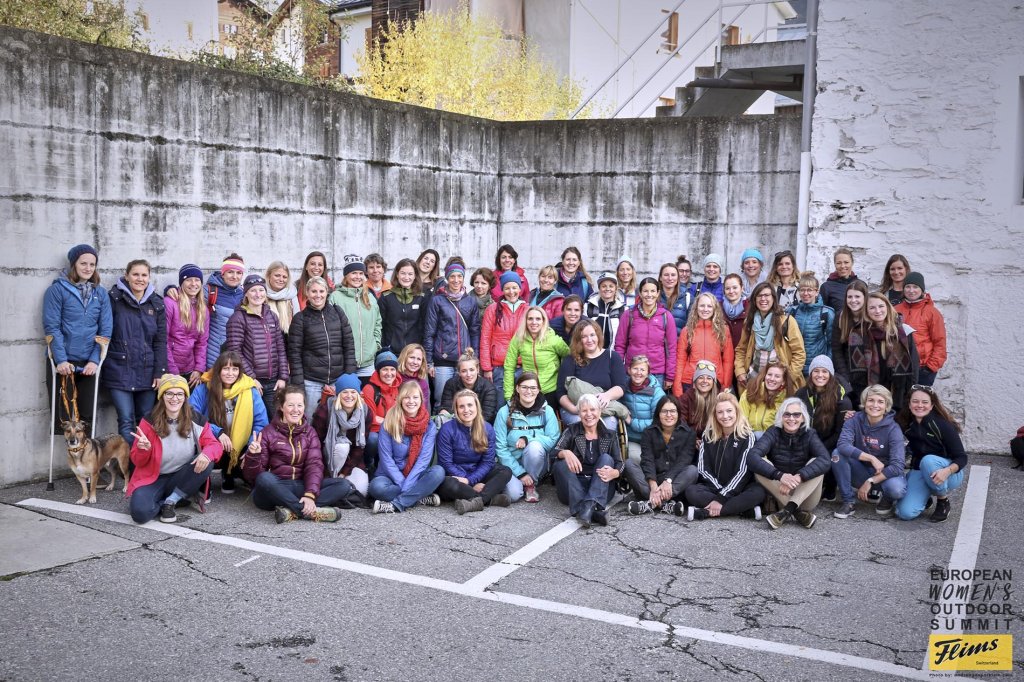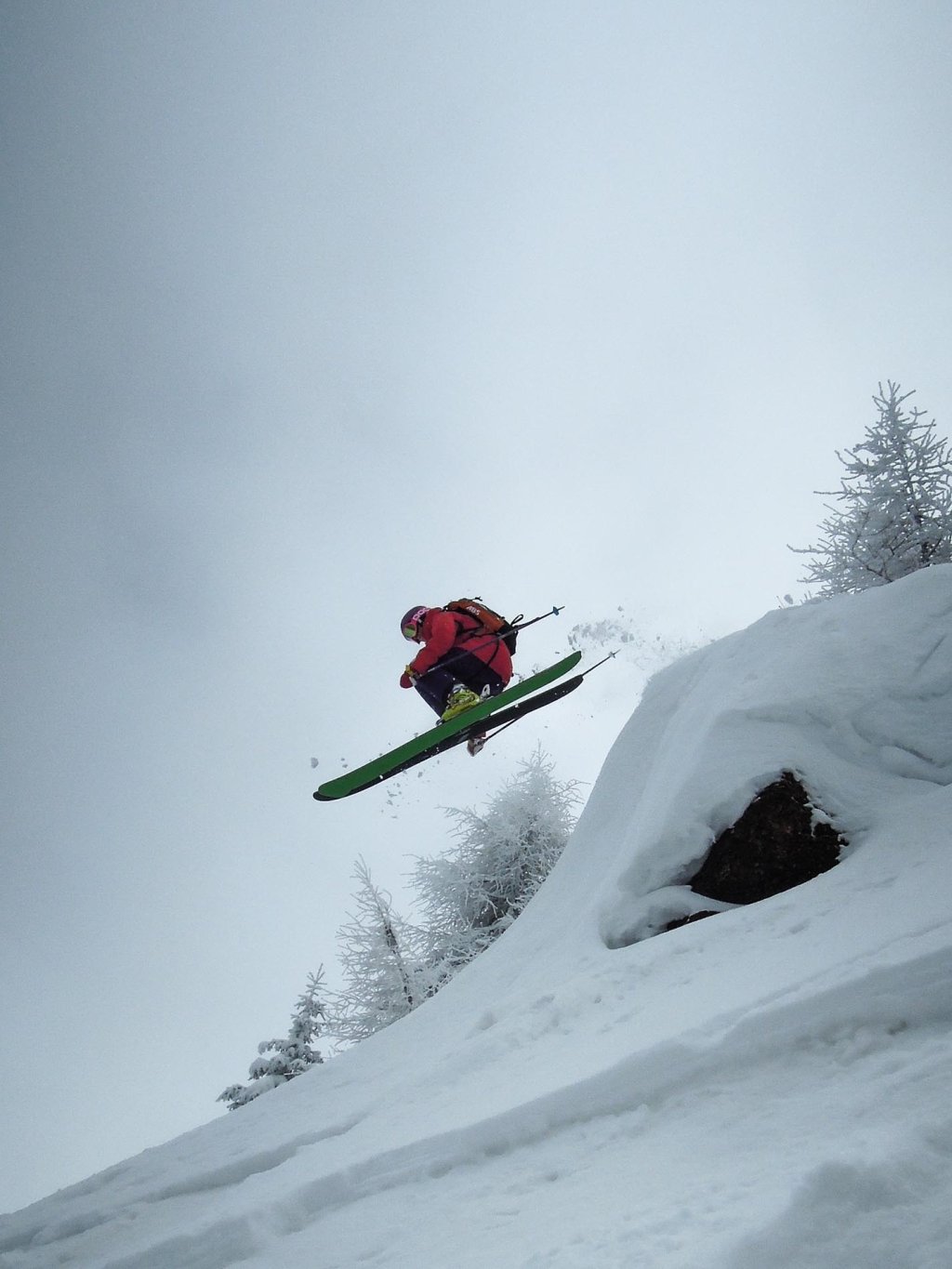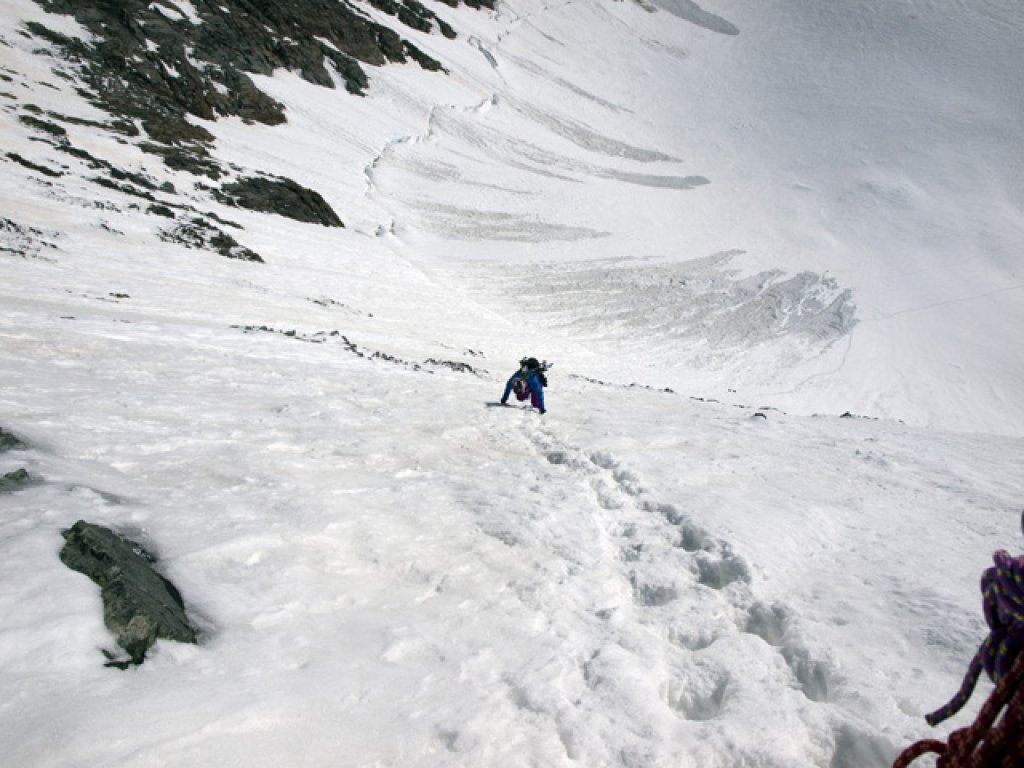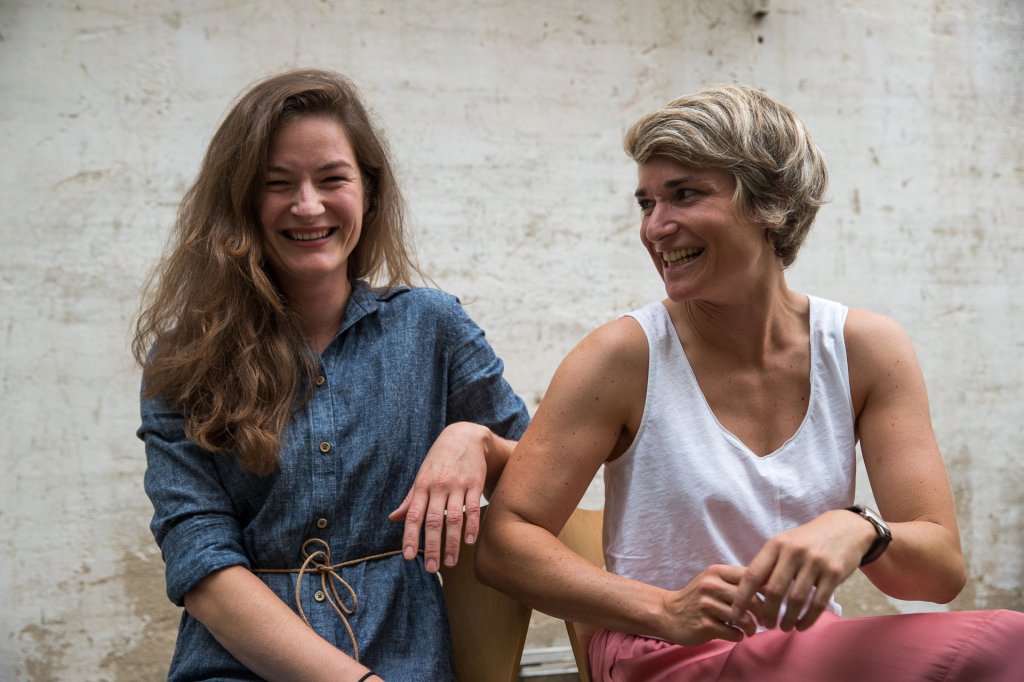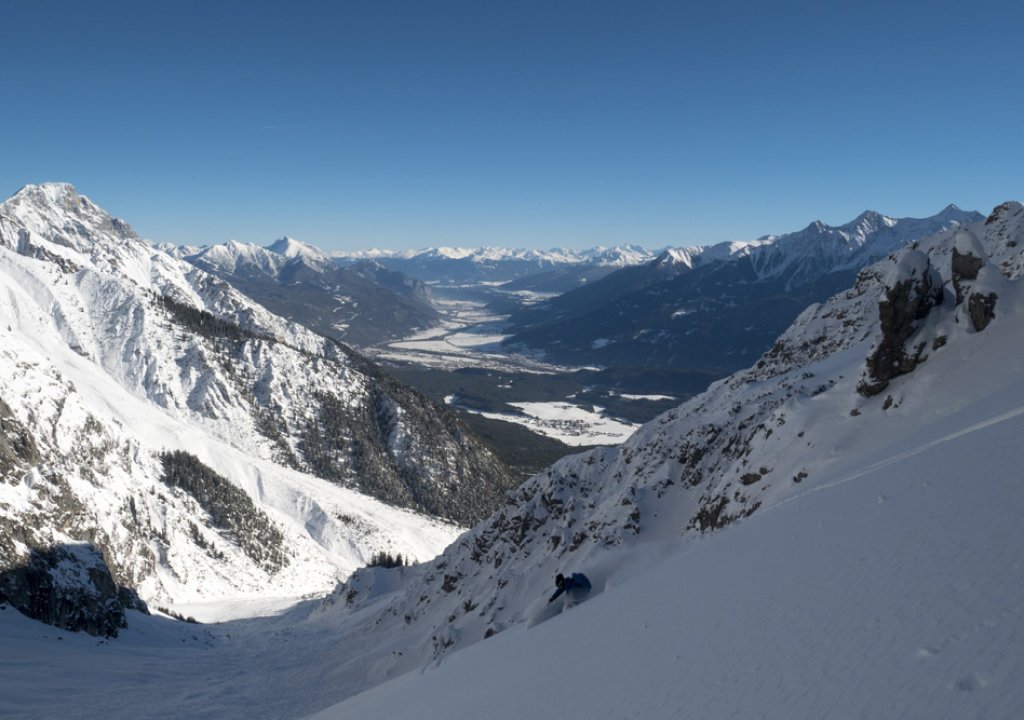In all honesty? Actually, I was never a (attention, there it is) great friend of excessive gendering. As a woman, I didn't feel disrespected when, for example, students were written instead of students in a document at university or skiers were written instead of skiers in the newspaper. For me, this was not an attack on my person, my gender or anything else. Most of the time, it's just more practical to write it that way. I knew that equality between men and women had not yet been achieved as it should have been, but I personally hadn't really come into contact with it until then.
The first time I really started to think about it was when I took part in the White Rush in St. Anton am Arlberg in 2015. I was more than aware that almost 550 participants had to be divided into smaller starting groups at the start. What is not so clear to me is why there are almost five starting blocks for men and the female starters are put into a group called "women, snowboarders and exotics". This was the first time in my entire sporting career that I felt consciously discriminated against. What is that supposed to be, "exotics"? The question was answered for me at the start line: I was standing between a gentleman in a teddy bear costume and a yeti. So that was it? As a woman in a mass start race, you are equated with mythical creatures?
Lighter, more comfortable, but in pink
It is well known that women have always been viewed differently in outdoor sports, especially when it comes to specific women's products and consumer behavior. The best example of this is probably women's skis and ski boots: buzzwords such as lightness, comfort and warmth often come into play here. And I know what I'm talking about - I've unfortunately used them as sales arguments myself. But let's take a closer look at these terms: Lightness? At best, it can mean that the ski is built using lightweight materials, but without neglecting the much-cited performance. For women's skis? Unfortunately, they often only focus on lightness, stability is available in the unisex models. At a height of 1.78 meters, I've never paid much attention to women's skis. They're never available in this size anyway. That's why I usually only look at the women's-specific designs while I reach for the unisex model.
Let's move on to the ski boots. I find comfort and warmth interesting terms here and, to be honest, they are unfortunately completely foreign to me when it comes to my own. As a former racer, ski boots have never been comfortable for me and they're not really warm either. In addition, to come back to my height, the shaft of women's ski boots is often cut shorter. This also makes sense if you are shorter. Not so much for me, although busy salespeople have already tried to sell me such models, claiming that the lower shaft is apparently something for shorter women's legs and therefore much easier to ski in. And again: I'm 1.78 meters tall, have fairly long legs and was standing in front of the salesperson I quoted at that very moment.
